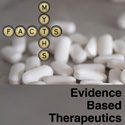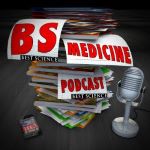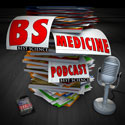Episode 236: We listen and respond to listener questions
In episode 236, Mike and James discuss the latest listener questions. We cover the flu shot, cardiovascular calculations and as always we deal with the never-ending questions about statins. At the end Mike, who has a cold decides to take a statin for his cold and the results will astound you.
Show notes
1) The best CVD risk calculator
2) What proportion of symptomatic side effects in patients taking statins are genuinely caused by the drug? Systematic review of randomized placebo-controlled trials to aid individual patient choice



